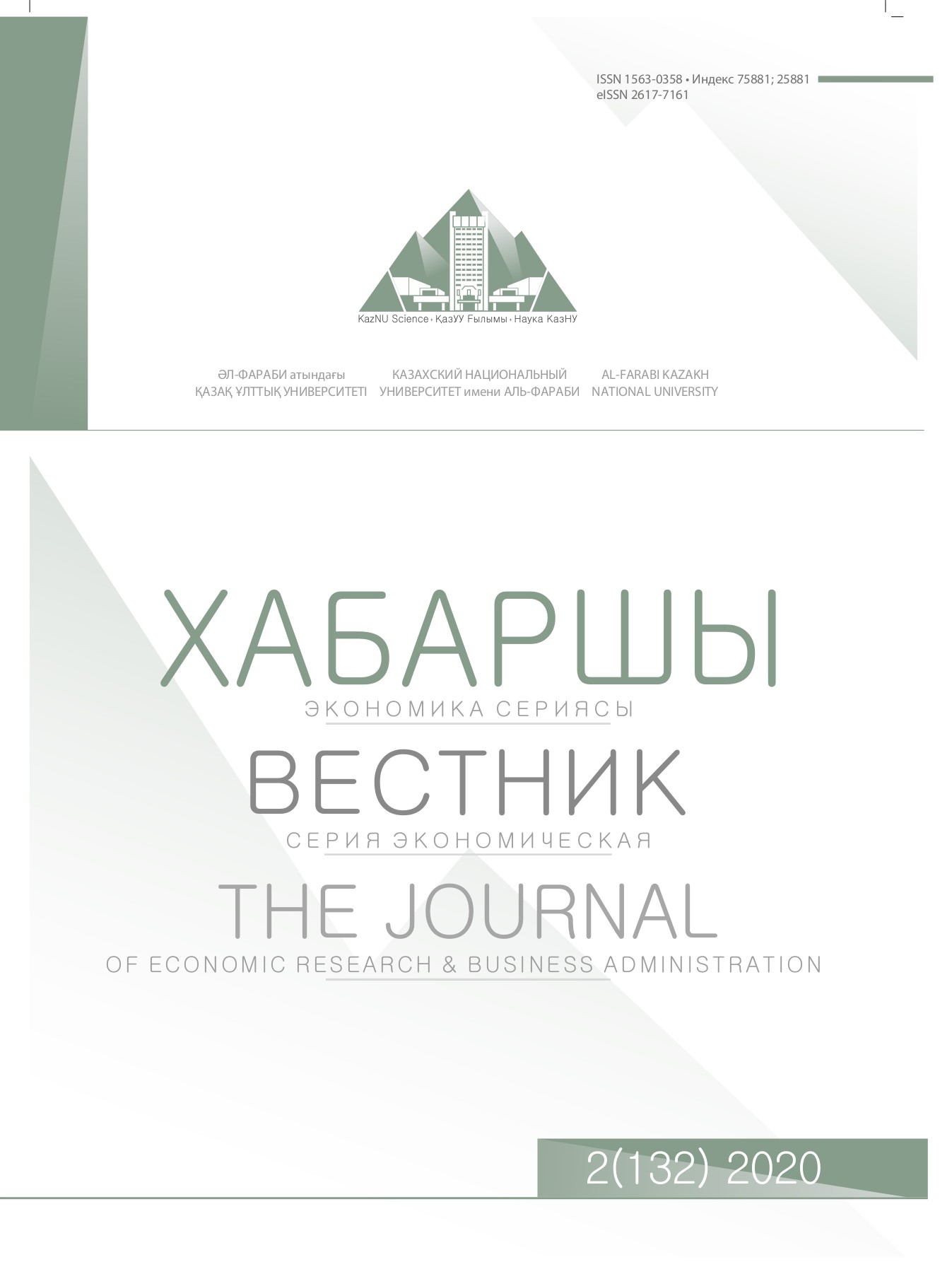Cross border investment inflow in palm oil industry in Nigeria: key success factors
DOI:
https://doi.org/10.26577/be.2020.v132.i2.09Abstract
The study examined cross border investment inflow in palm oil industry in Nigeria. It focused
on the key success factors for cross border investments inflow. Descriptive survey design method
was adopted in carrying out the study while Pearson Product Moment Correction statistical tool was
used in estimating the parameter of relationship between the regressor and regressand variables of
the study. The key success factors that were subjected to empirical test proved positively significant
to palm oil investment inflow at the r values of 0.745, 0.729, 0.796, 0.652, 0.536, 0.866, 0.598,
0.705, 0.720 and 0.35. These analysis results suggested that market size, product demand size, return
on investment, propensity to gross domestic product and foreign exchange earnings, first mover
advantage, palm oil by-product potentials, availability of labour and effective labour cost, policy on
land use, government policy measures on economic diversification and risk-free operational environment
are critical to investment inflow in the palm oil industry. Based on these findings, the study
recommends that to harness the vast opportunities in the palm oil industry like other counterpart
nations that are at the forefront in the global palm oil production, government should gear its efforts
towards having sustainable investment policy framework in this new strategic business area, provide
enabling environment and conditions to boost local ad cross border business development in the
industry.













